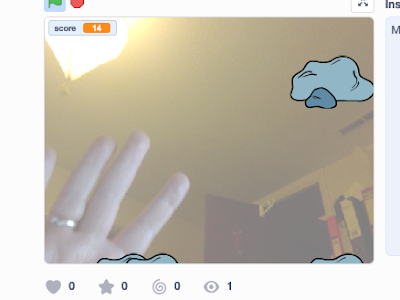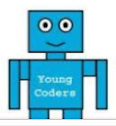- An overview of using Lego RCX robots for teaching neural networks present at workshop in 2011. Derby presentation from Scott Turne...
- A Coding competition for primary school aged children was recently launched; aimed at helping teachers to become more confident with teach...
- You can control servos (small ones) from a Micro:Bit directly. Following a link from the David Whale (Twitter @ whaleygeek ) , thank you, t...
- I was asked recently if the USB robot arm could be programmed - I knew the answer was yes. The Arm came from the CBiS Education Robot Arm ...
- Guest Blogger Hiren Mistry, Nuffield Research Placement Student working at the University of Northampton. How to use a PS3 Controller to...
- This time not my experimentation but by a colleague and student I was supervising. Some interesting work has been developed by Narinder ...
- This is really part two of a set of post in response to a question from Carl Simmons ( @Activ8Thinking ) concerning building a micro:bit ...
- Video 1: How to produce a simple web-based augmented reality application. Video 2: Using AFrame and AR.js to create AR - this tim...
- Scratch 3 the gift that keeps on giving; including the new extensions are Text to Speech and Translate; Text to speech - does as the name su...
- In tweets (Big Bang Northamptonshire https://www.learnbydesign.co.uk/event/big-bang-northants-2019/ ) Fantastic junkbots being built ...
Search This
All opinions in this blog are the Author's and should not in any way be seen as reflecting the views of any organisation the Author has any association with. Twitter @scottturneruon








